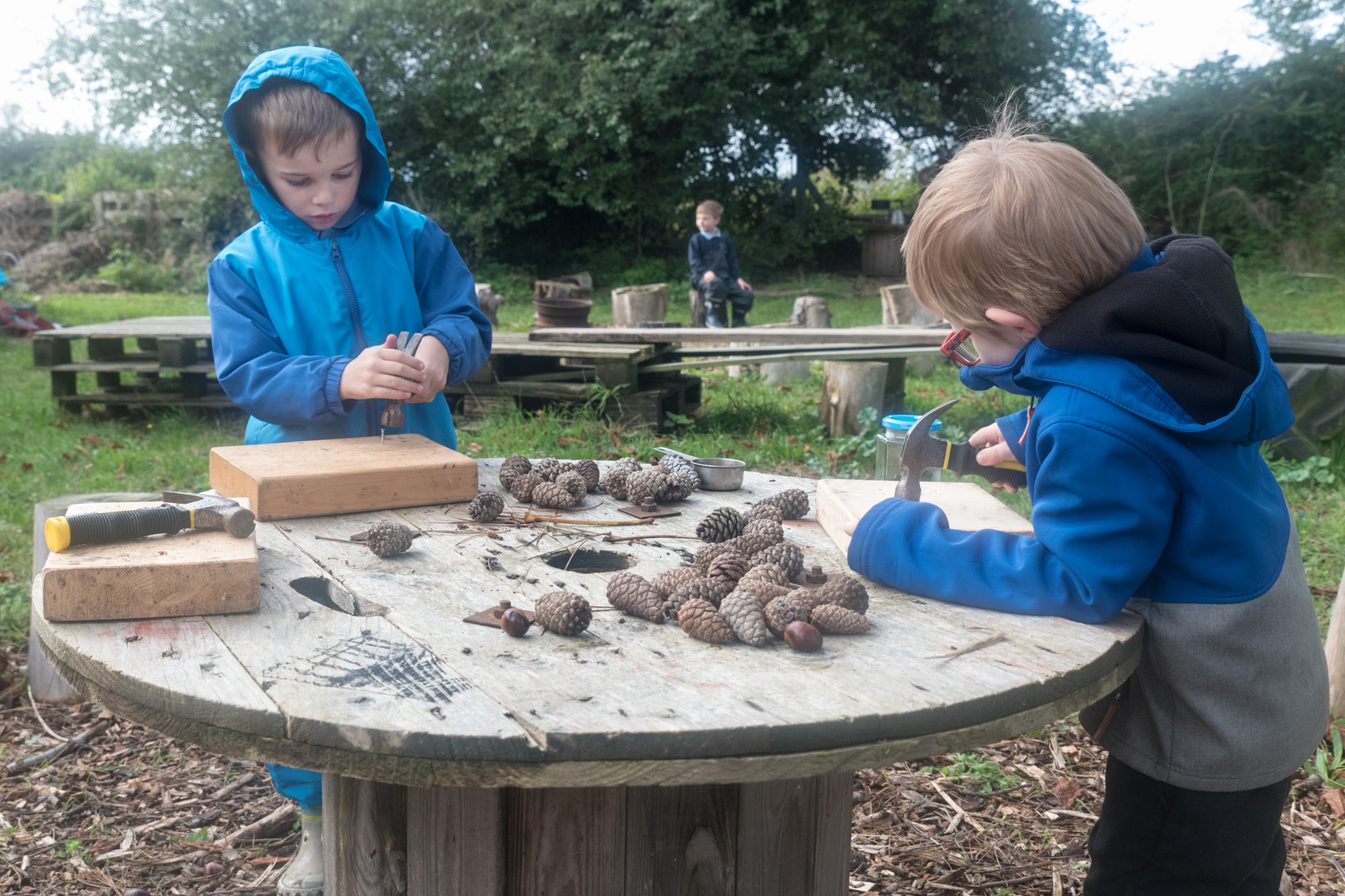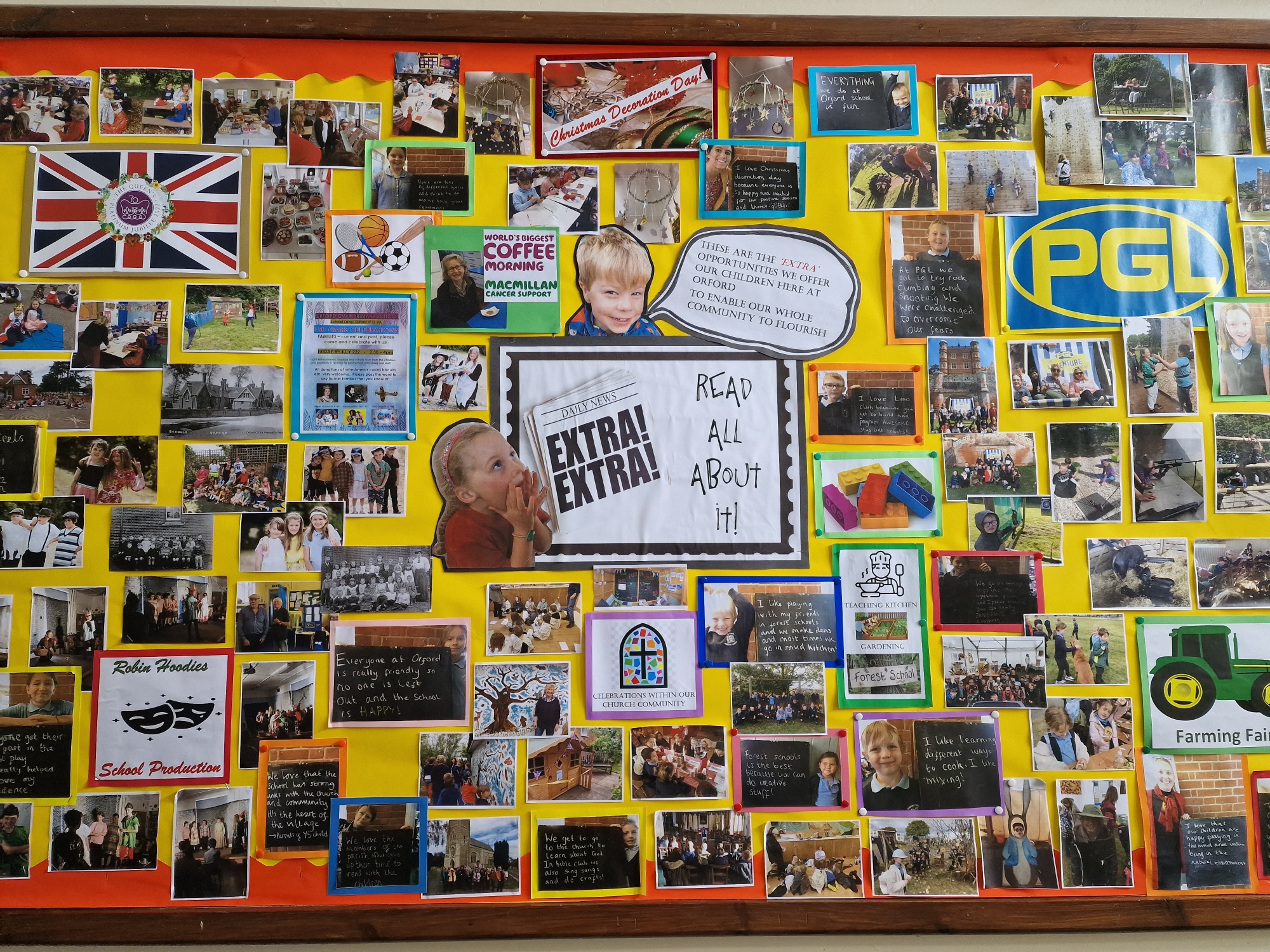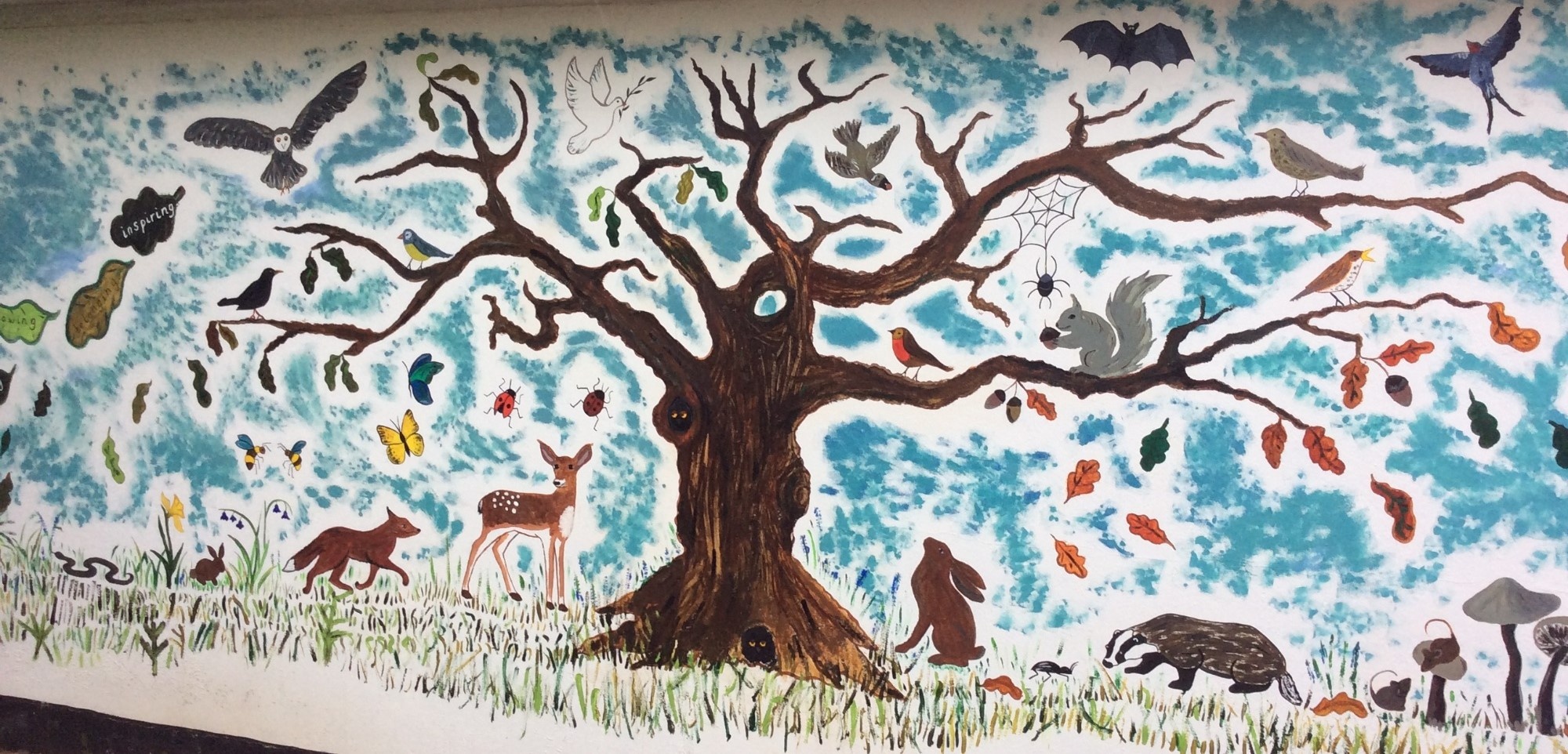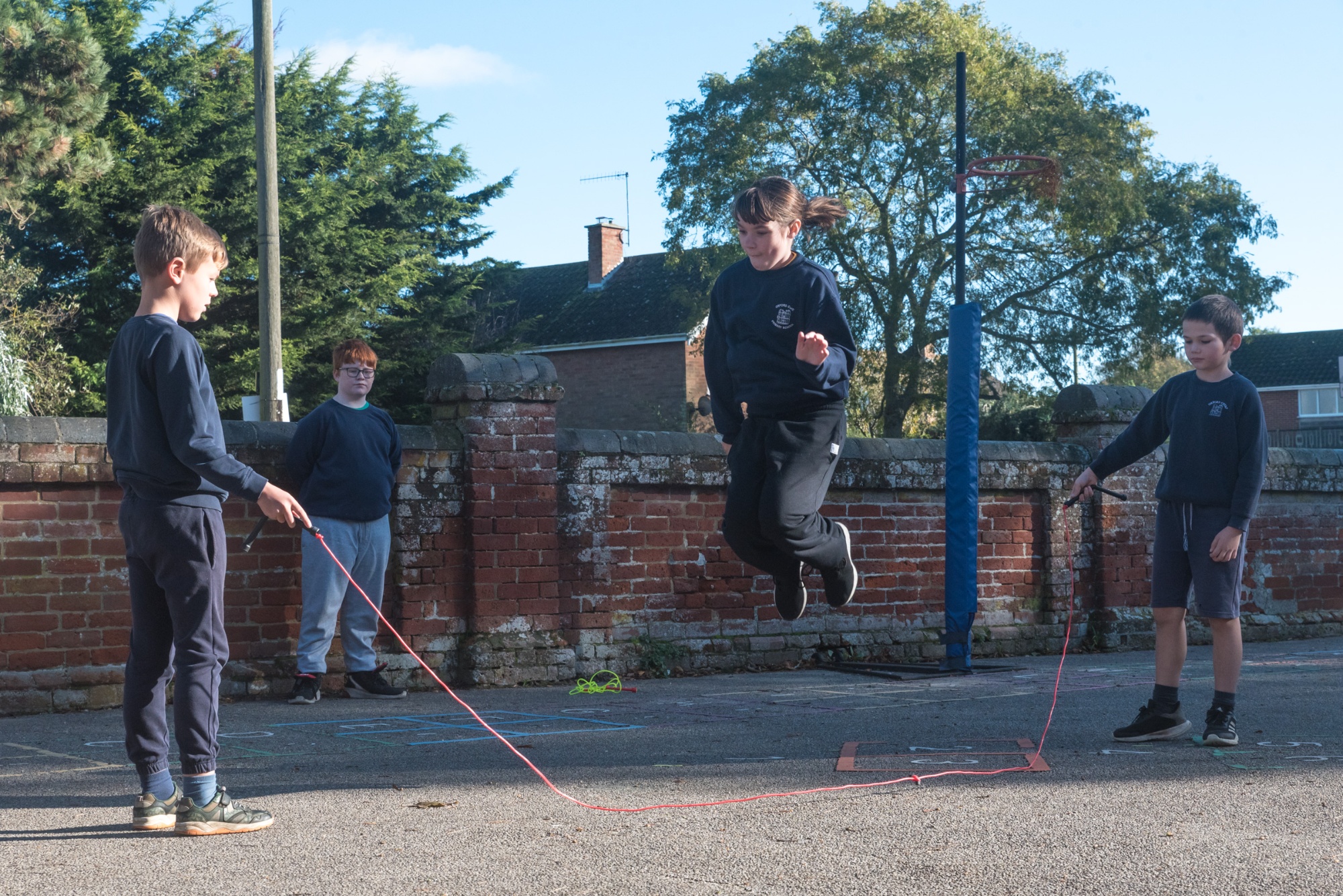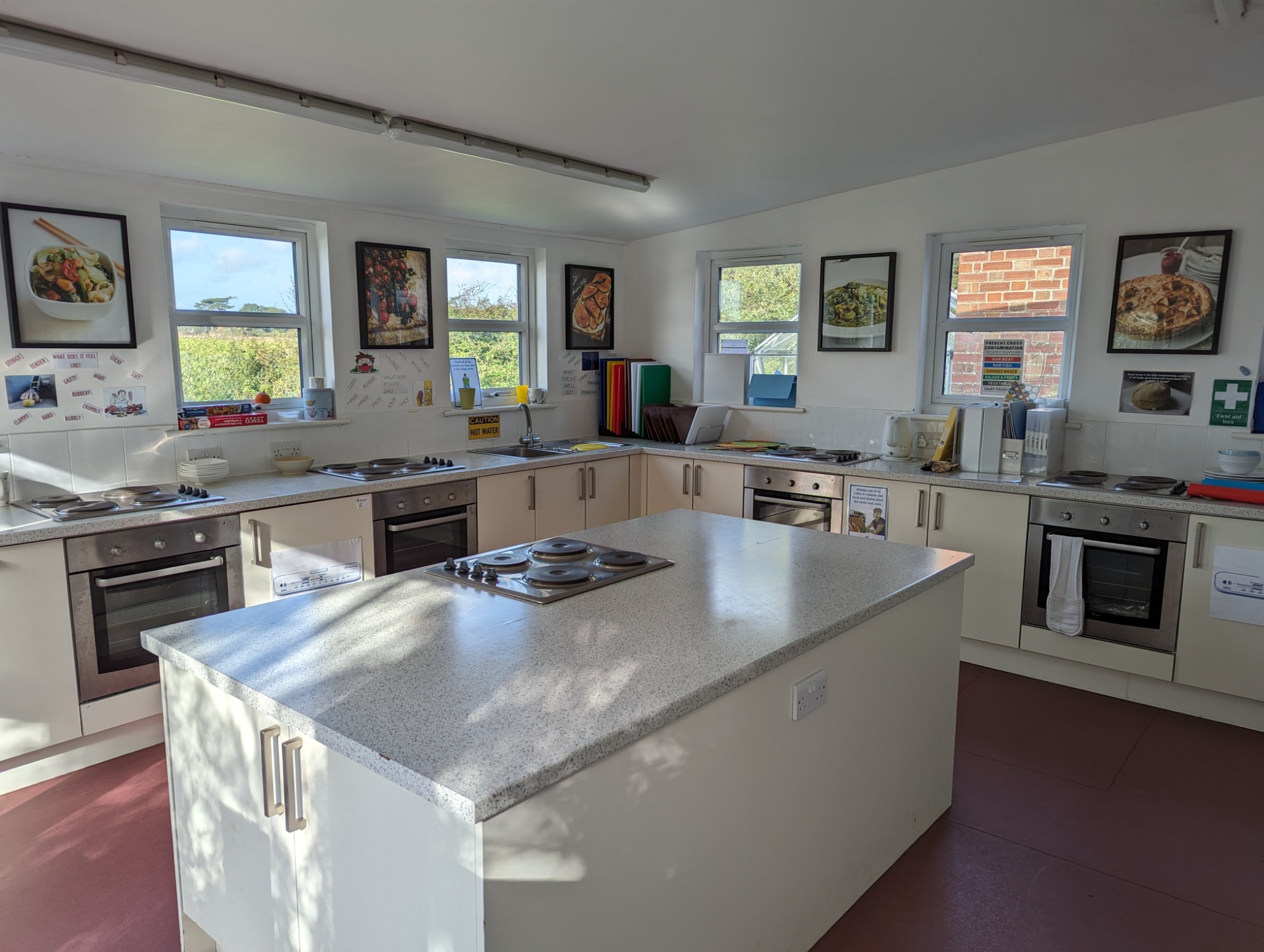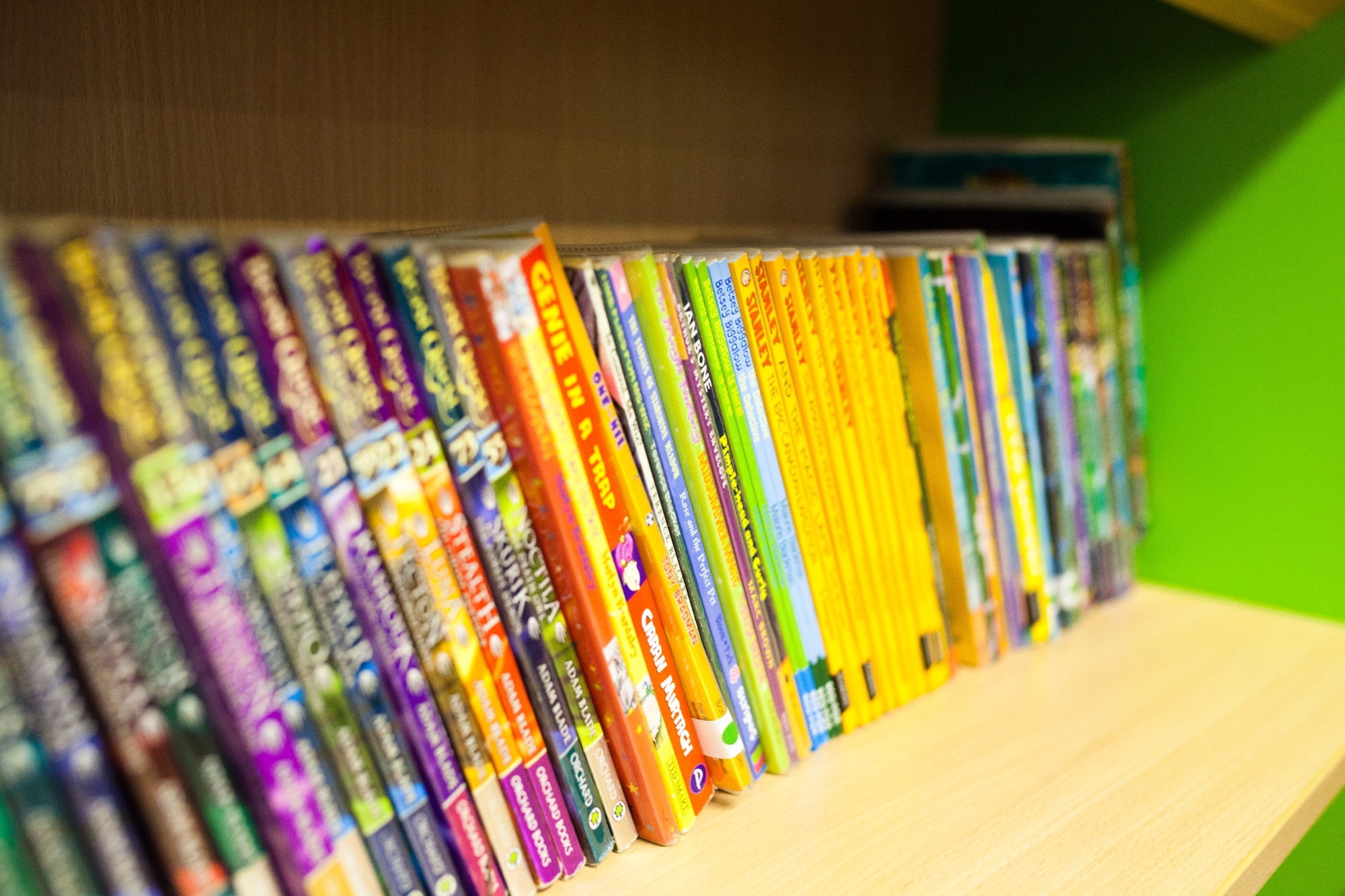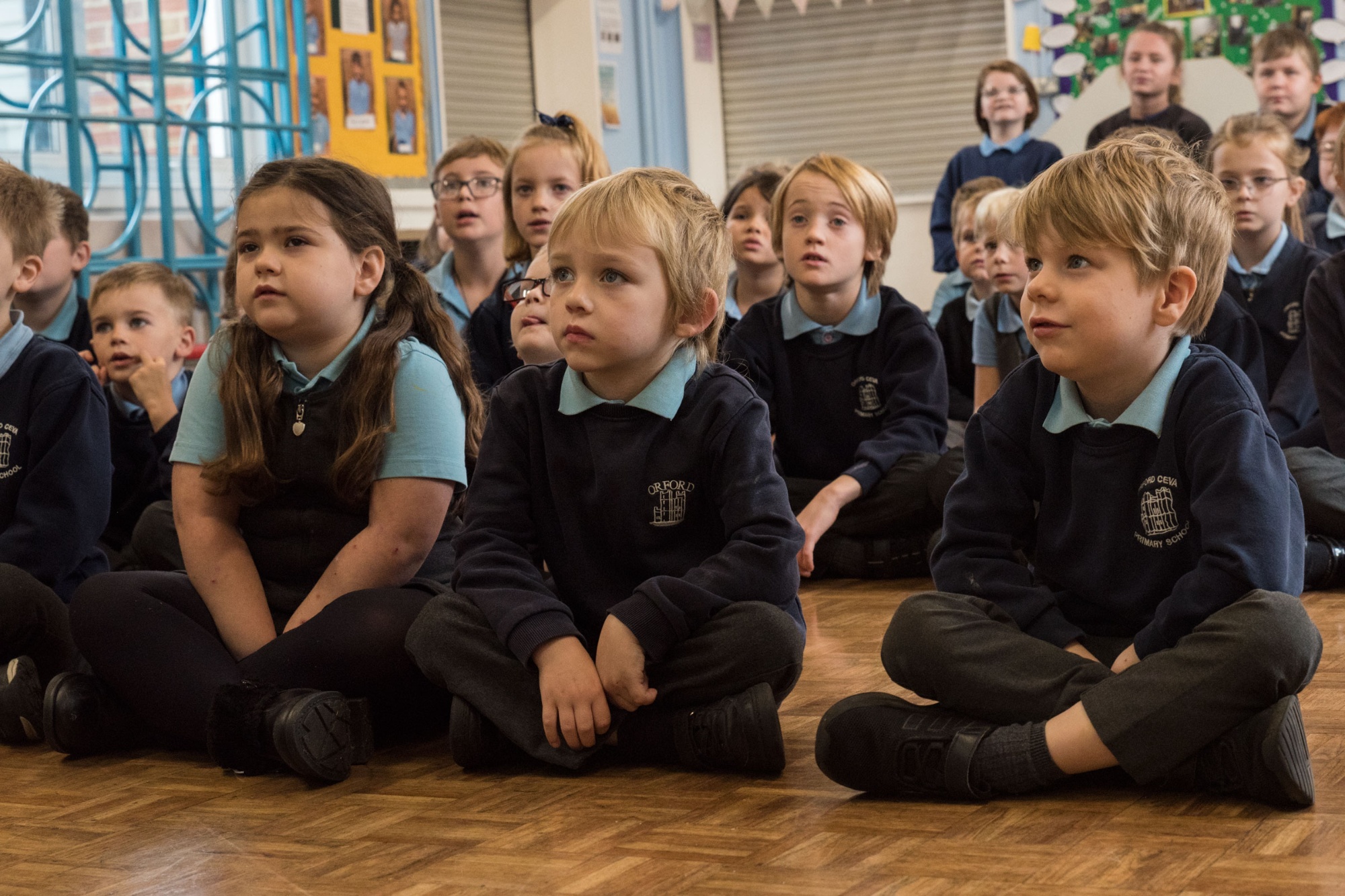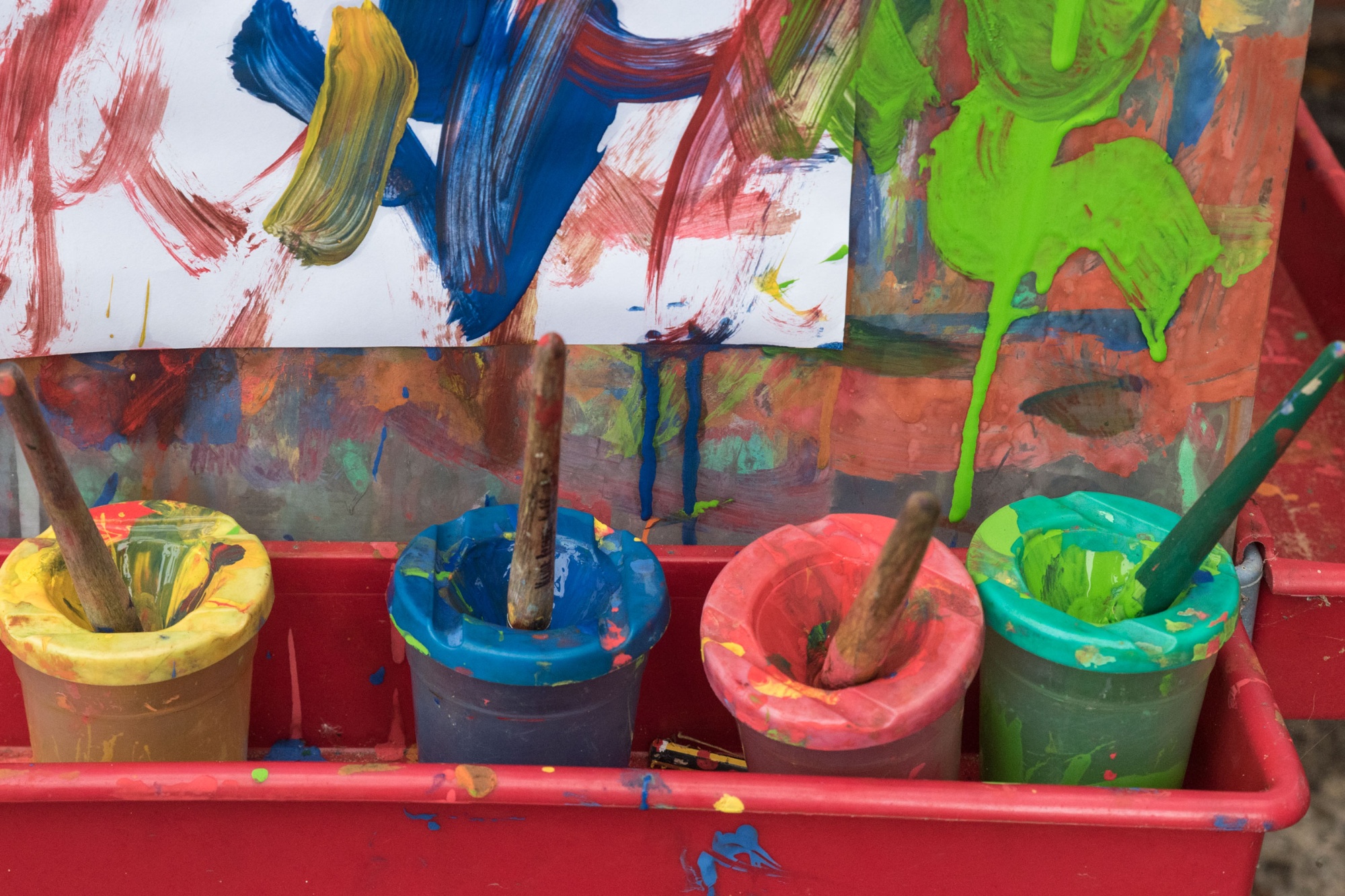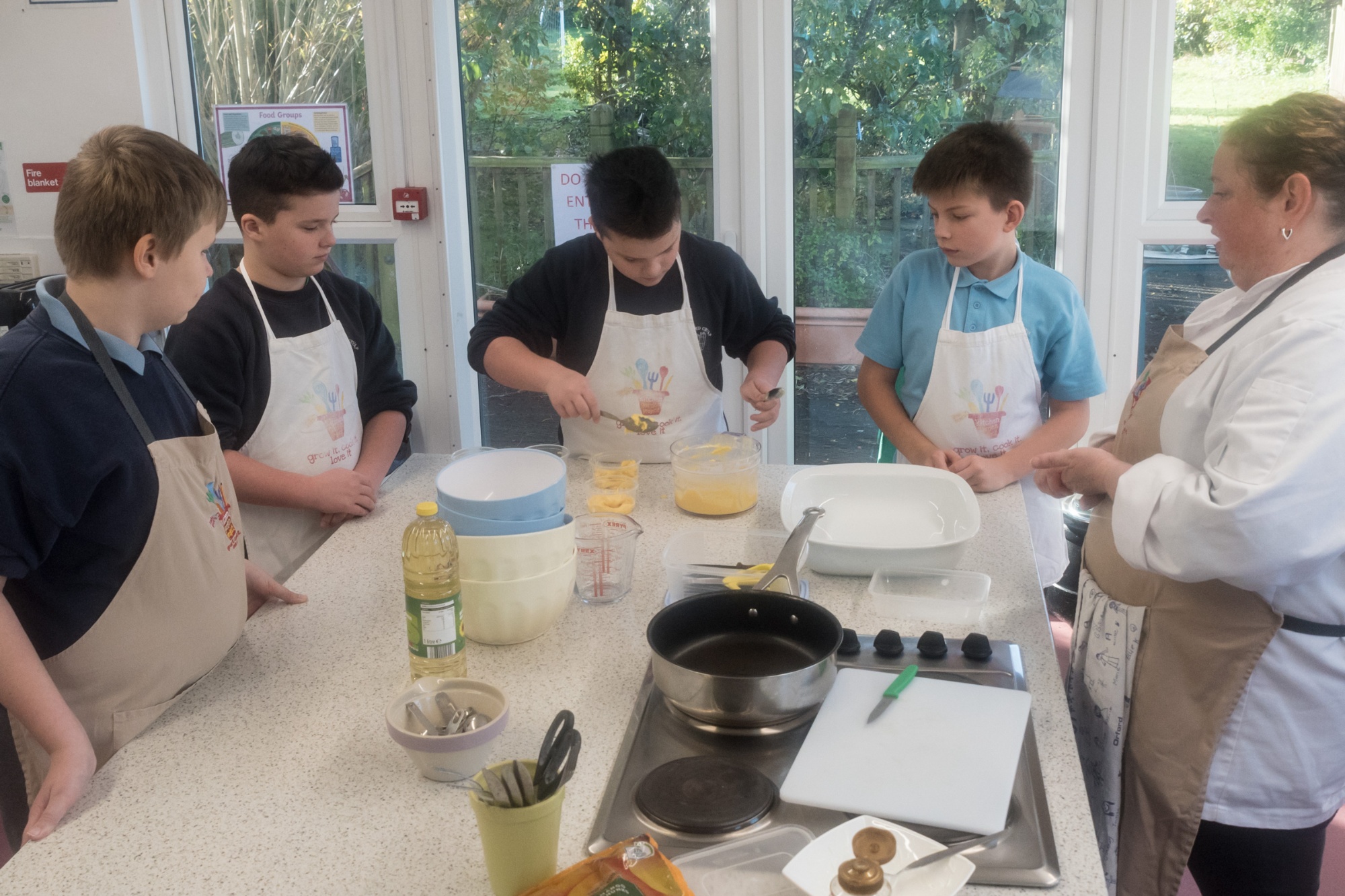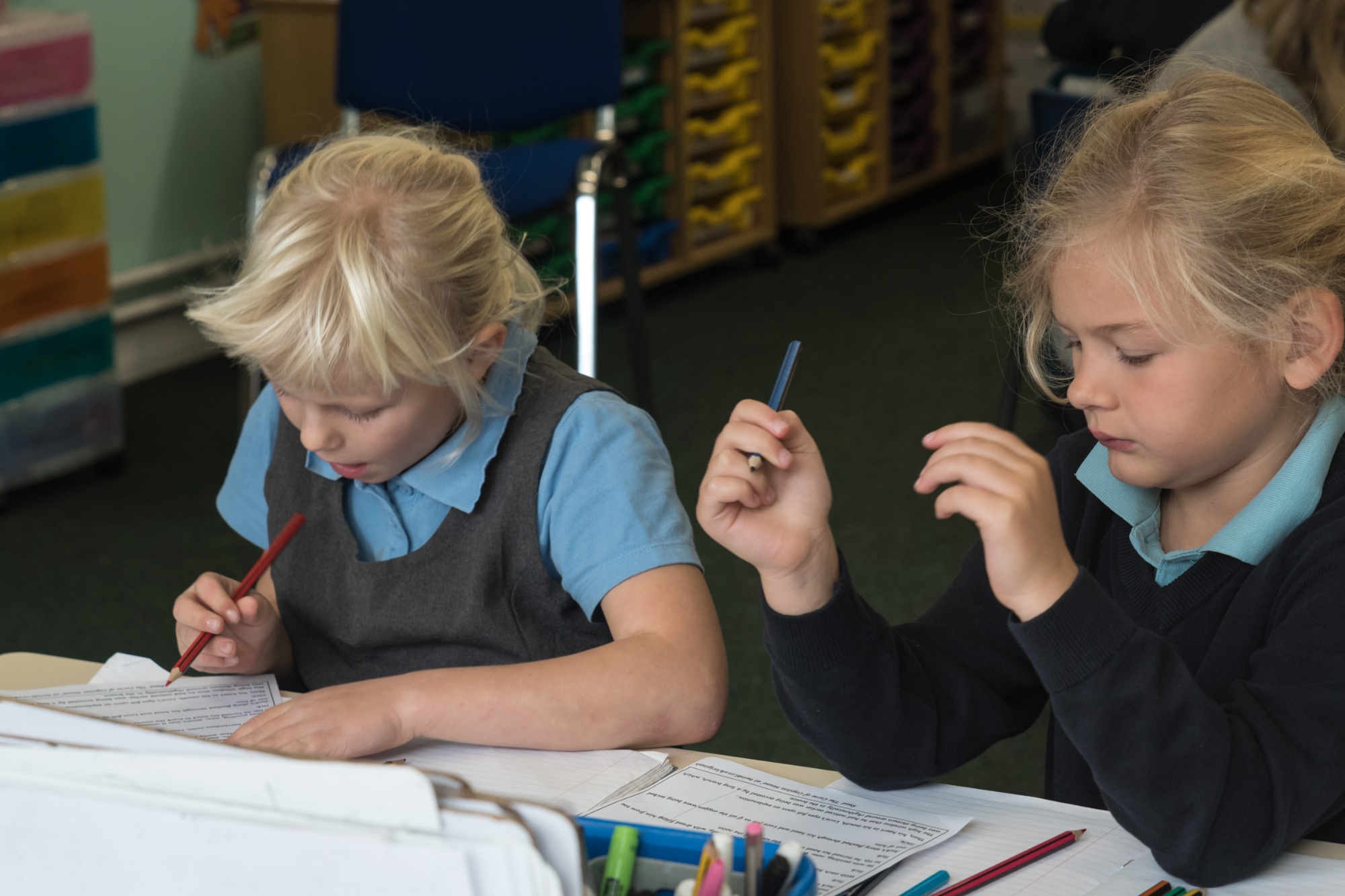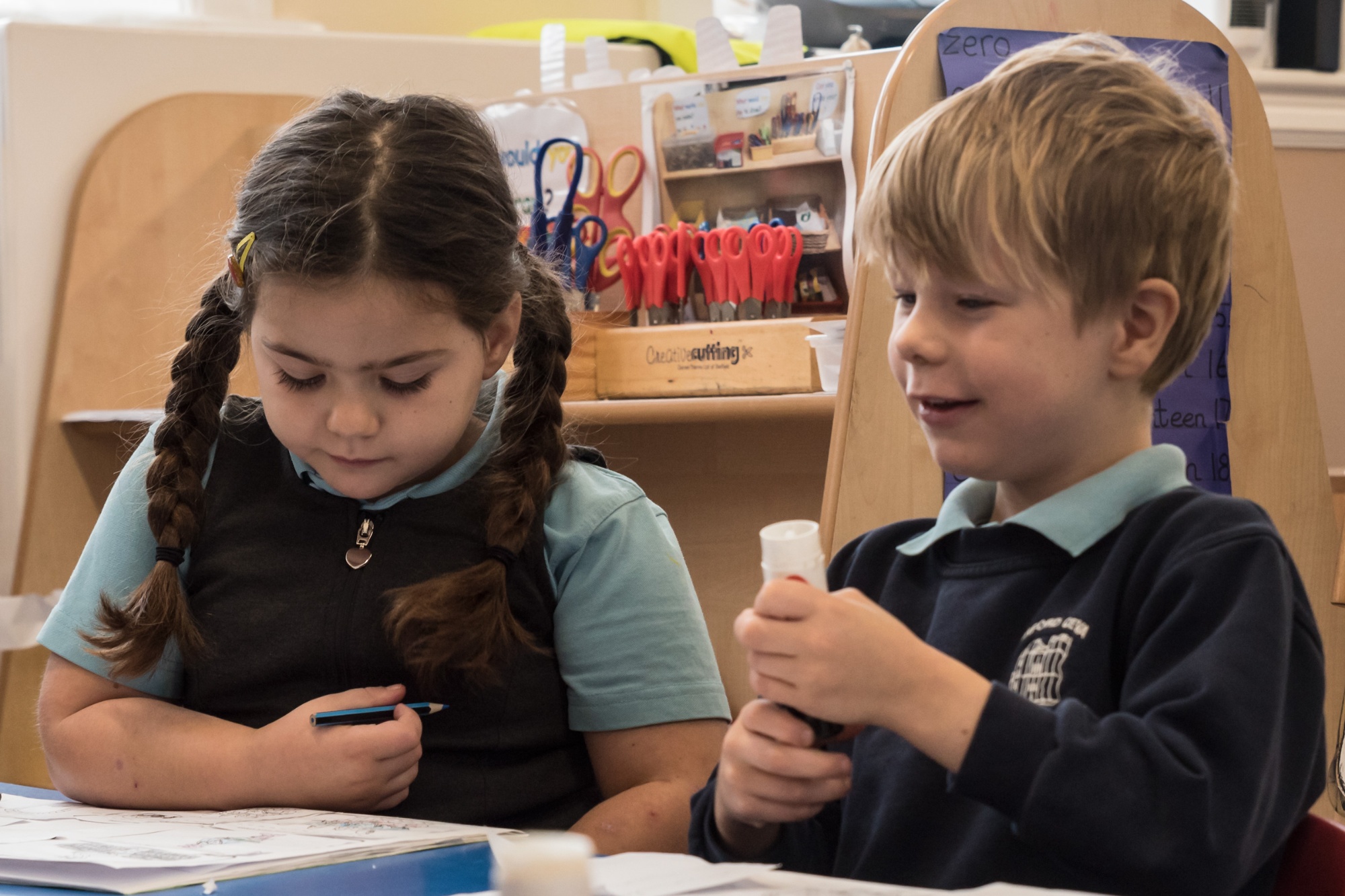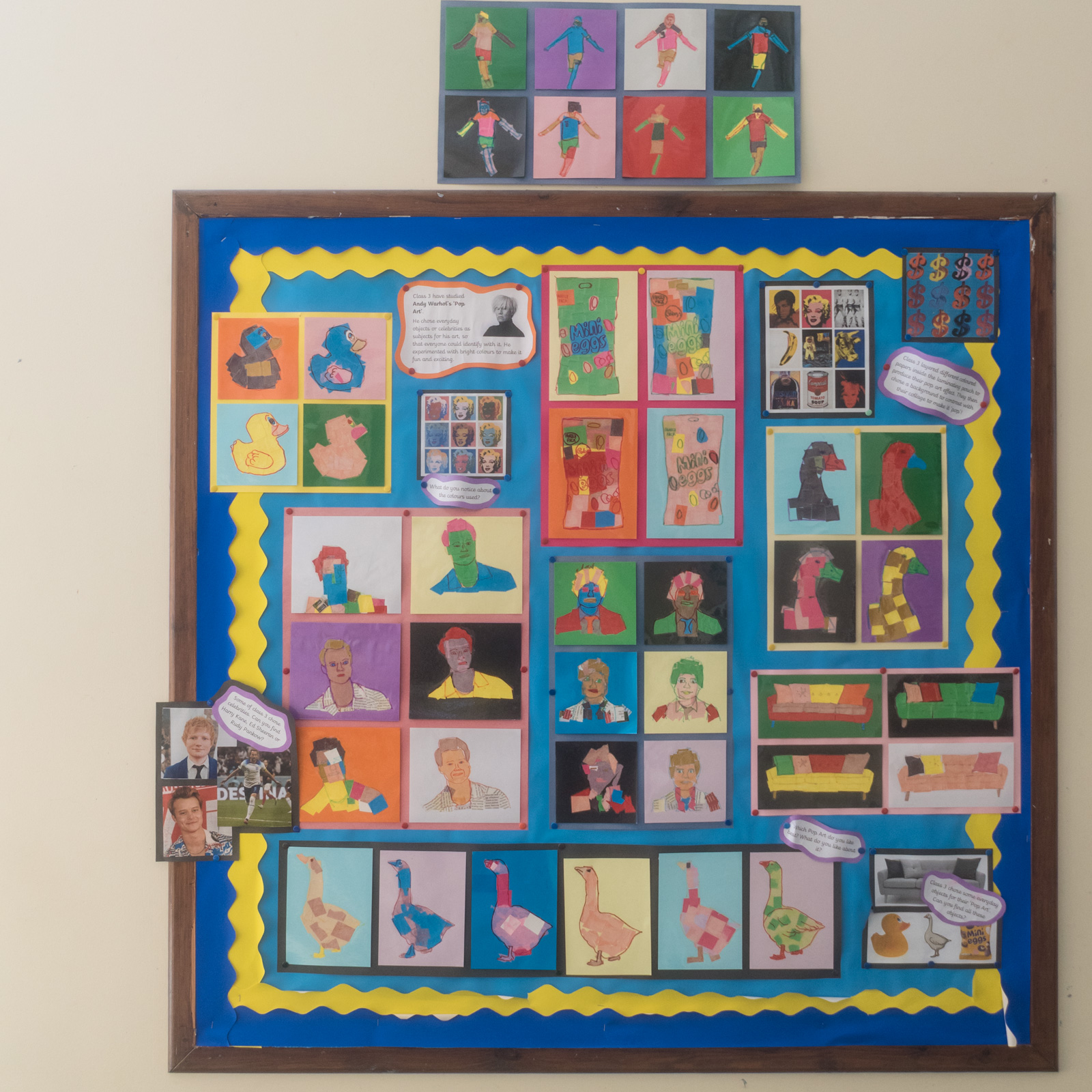Science
Through our Science curriculum at Orford C of E we aim to develop :
|
• The ability to think independently and raise questions about working scientifically and the knowledge and skills that it brings. • Confidence and competence in the full range of practical skills, taking the initiative in, for example, planning and carrying out scientific investigations, gathering and recording data and presenting their findings;. • Excellent scientific knowledge and understanding which is demonstrated in written and verbal explanations, solving challenging problems and reporting scientific findings. • High levels of originality and creativity in children's learning, for example answering questions by conducting their own experimental research |
• A passion for science and linking knowledge to real life examples of science in their lives and the world around them;
Curriculum structure:
Science has 11 main topics, which come under the headings Working scientifically, Chemistry, Biology and Physics,
The topic, working scientifically, is fundamental to teaching science and is embedded into all other topics.
Working Scientifically is the understanding of the nature, process and methods of science. At Orford C of E we want the children to work scientifically through raising and then answering their own questions. There are a number of types of enquiry that enable children to work in different ways to find answers.
TYPES OF ENQUIRY
Across all year groups scientific knowledge and skills are learnt by working scientifically.
The remaining 10 main topics are:.
- understanding animals and humans
- understanding plants
- investigating living things and their habitats
- understanding evolution and inheritance
- investigating materials
- understanding movement, forces and magnets
- understanding light and seeing
- investigating sound and hearing
- understanding electrical circuits
- understanding the Earth’s movement in space
Consolidation and connection of knowledge is key so we provide regular opportunities for children to remember what they have previously learnt, connect their knowledge together and add to it to support progression and strengthen connections across learning.
When planning for the science curriculum, we intend for children to have the opportunity, wherever possible, to learn through varied scientific enquiries – equipping them with the skills needed to ask and answer scientific questions about the world around them. Considered sequencing of our lesson content, including the inclusion of age appropriate skills, allows children to build up a secure understanding of knowledge and how to work scientifically.
